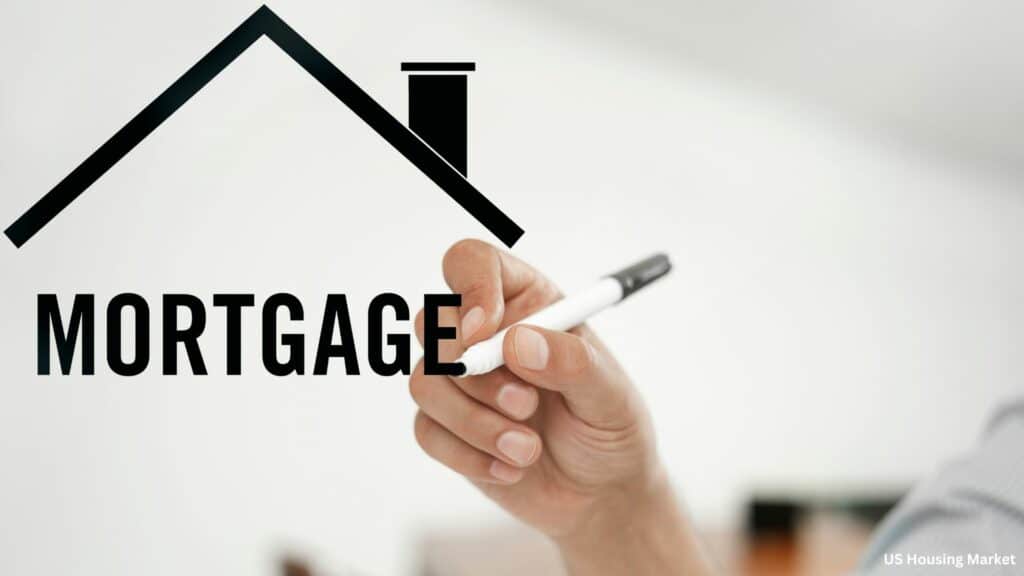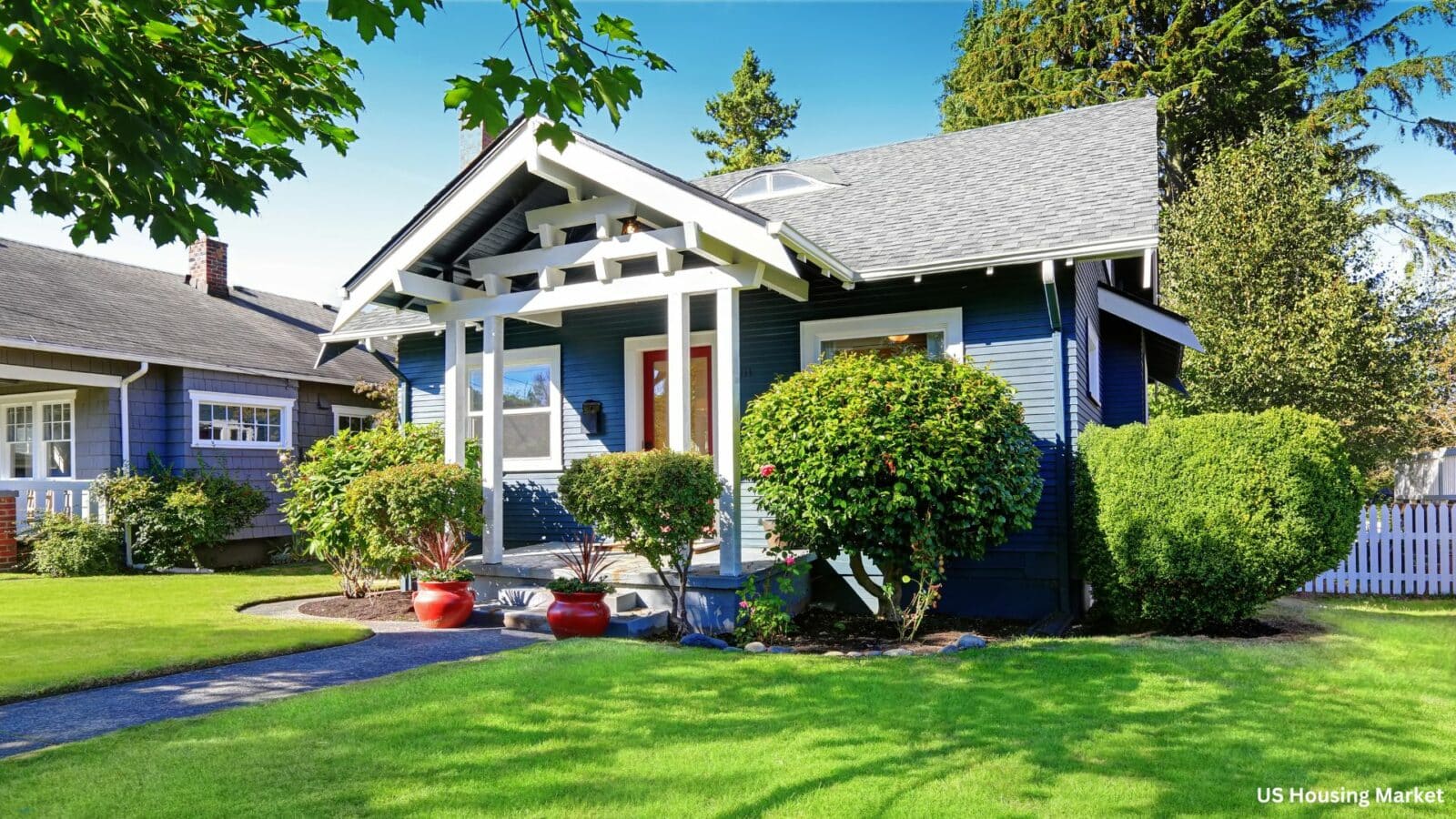Mortgage rates significantly influence home buying dynamics. As rates climb, monthly mortgage payments do too, making homes less affordable for many buyers. Conversely, lower rates can boost purchasing power, even in markets with rising home prices.

The Impact of Mortgage Rates
Higher mortgage rates typically cool down the buying frenzy. For example, a 1% increase in mortgage rates could raise the monthly cost of a home loan by hundreds of dollars, pushing potential buyers to the sidelines. This was evident in recent trends where spikes in rates led to a slowdown in some previously hot markets.
Long-Term Implications of High Mortgage Rates
Market Dynamics Shift
High mortgage rates, if sustained, often lead to what’s called a market cooldown. This shift occurs because higher rates translate into higher monthly payments, which some potential buyers might not be able to afford. This affordability challenge can reduce the number of active buyers in the market, leading to fewer sales and a slower pace of price increases.
Homeowner Decisions and Inventory
With increasing mortgage rates, homeowners who secured lower rates in the past might opt to stay in their current homes to maintain these advantageous terms. This decision effectively reduces the number of homes available on the market—often referred to as market inventory. A low inventory can stifle the market’s liquidity, making it harder for buyers to find suitable homes and for sellers to find willing buyers.
Impact on Construction and Housing Development
The ripple effect of high rates reaches the construction industry as well. Developers and builders, sensitive to the ebb and flow of market demand, may delay or scale back new housing projects if they anticipate a drop in buyer interest. This slowdown in construction activity can further strain the housing supply, potentially leading to higher prices in the long term if demand outpaces supply.
Overall Economic Influence
The broader economic implications of prolonged high mortgage rates can be significant. Reduced home buying activity affects not only the real estate sector but also related industries such as home furnishings, building materials, and financial services. Additionally, if fewer people move, there’s less economic activity generated from home sales, which can dampen economic growth in the affected regions.

Frequently Asked Questions
How do mortgage rates affect home buying?
Mortgage rates determine the monthly payments homeowners will face, impacting affordability.
What happens when mortgage rates rise?
Rising rates increase monthly payments, potentially pricing out some buyers.
Can mortgage rates predict housing market trends?
Yes, trends in mortgage rates can indicate whether the market will heat up or cool down.
Related posts:
 Decline in Home Prices: Anticipating a Shift in 2024
Decline in Home Prices: Anticipating a Shift in 2024
 Maryland Governor Legislative Agenda: Military Families, Housing, and Public Safety in 2024
Maryland Governor Legislative Agenda: Military Families, Housing, and Public Safety in 2024
 Nashville’s Zoning Bills for Middle-Income Housing Spark Contentious Debate
Nashville’s Zoning Bills for Middle-Income Housing Spark Contentious Debate
 New York’s Affordable Housing: Innovative Solutions Without Tax Hikes
New York’s Affordable Housing: Innovative Solutions Without Tax Hikes
 Zillow 2023 Home Sales Analysis: Prime Listing Time for Maximum Profit
Zillow 2023 Home Sales Analysis: Prime Listing Time for Maximum Profit




